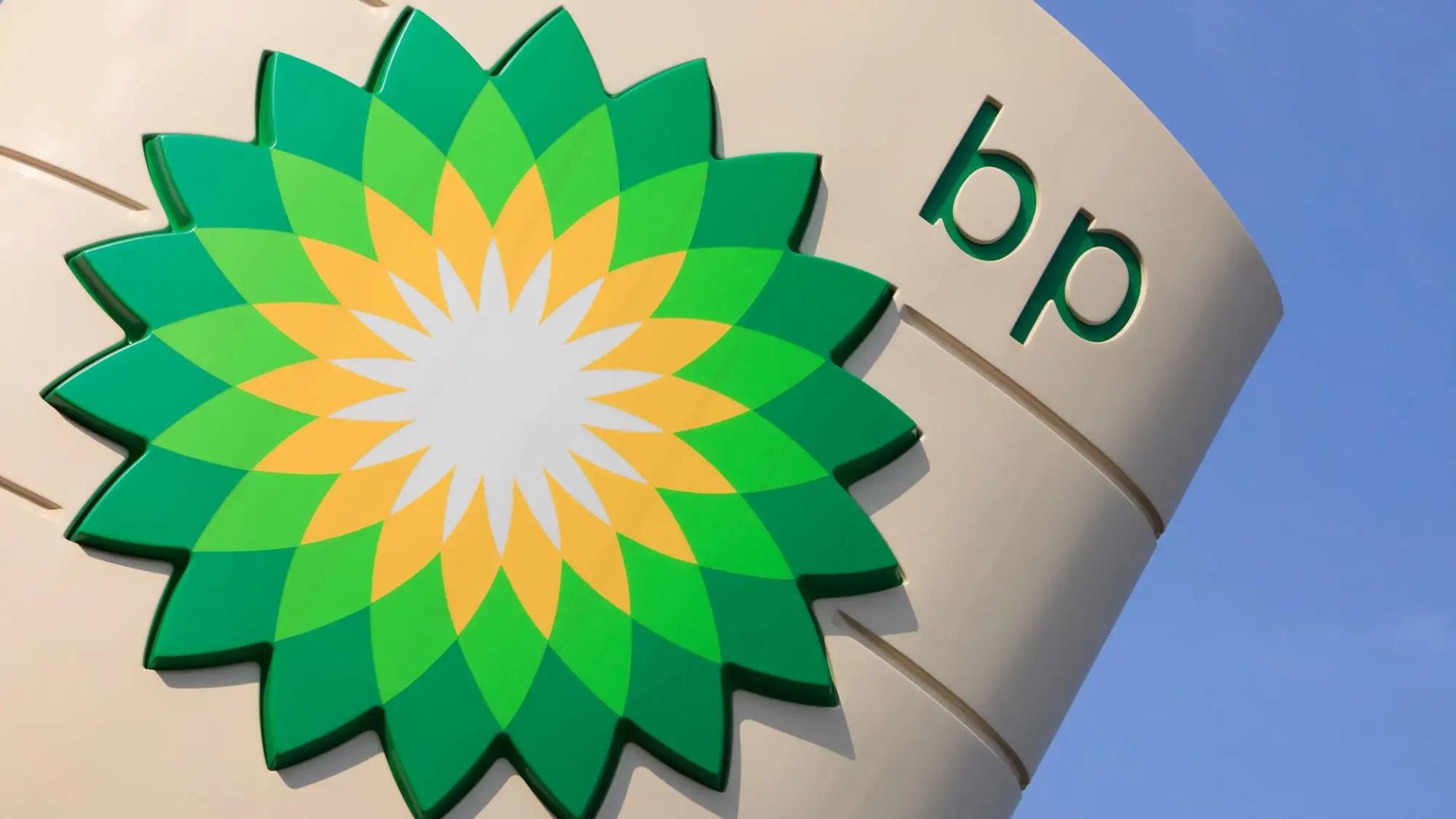BAKU, Azerbaijan, September 29. bp has approved its Tiber-Guadalupe project in the Gulf of America, marking its second new production platform in the region in less than two years and highlighting the strategic importance of the US offshore to the company’s global operations, Trend reports.
The 100% bp-owned Tiber-Guadalupe hub will feature a floating production platform capable of producing 80,000 barrels of oil per day. The development includes six wells in the Tiber field and a two-well tieback from the Guadalupe field, with production expected to begin in 2030. Recoverable resources from the initial phase are estimated at around 350 million barrels of oil equivalent, with potential for additional wells in the future.
“Our decision to move forward on the Tiber-Guadalupe project is a testament to our commitment to continue investing in the Gulf of America and expand our energy production from one of the premier basins in the world,” said Andy Krieger, bp’s senior vice president for the Gulf of America and Canada. “Along with its sister project Kaskida, Tiber-Guadalupe will play a critical role in bp’s focus on delivering secure and reliable energy the world needs today and tomorrow.”
The $5 billion project is fully integrated into bp’s financial framework and is one of 8–10 major projects expected to come online globally between 2028 and 2030. Combined with the Kaskida project, bp plans to invest approximately $10 billion in its Gulf of America Paleogene developments, aiming to boost offshore production capacity to more than 400,000 barrels of oil equivalent per day by 2030 and total US production to over 1 million barrels per day.
“Tiber-Guadalupe represents a significant step forward in our efforts to unlock the potential of the Paleogene in the Gulf of America, building on our decades of experience in the region,” said Gordon Birrell, bp’s executive vice president of production and operations. “Together with our Kaskida project, we expect Tiber-Guadalupe will be another world-class development.”
The project leverages existing platform and subsea equipment designs from Kaskida, which is expected to lower development costs by around $3 per barrel, driving efficiency across construction, commissioning, and operations.







